The latest research and advancements in the field of hair loss and regrowth treatments.
Hair loss is a common concern for many people, and with recent advancements in regrowth treatments, there is hope for those looking to restore their hair. In this blog post, we will explore the latest research and advancements in the field of hair loss and regrowth treatments.
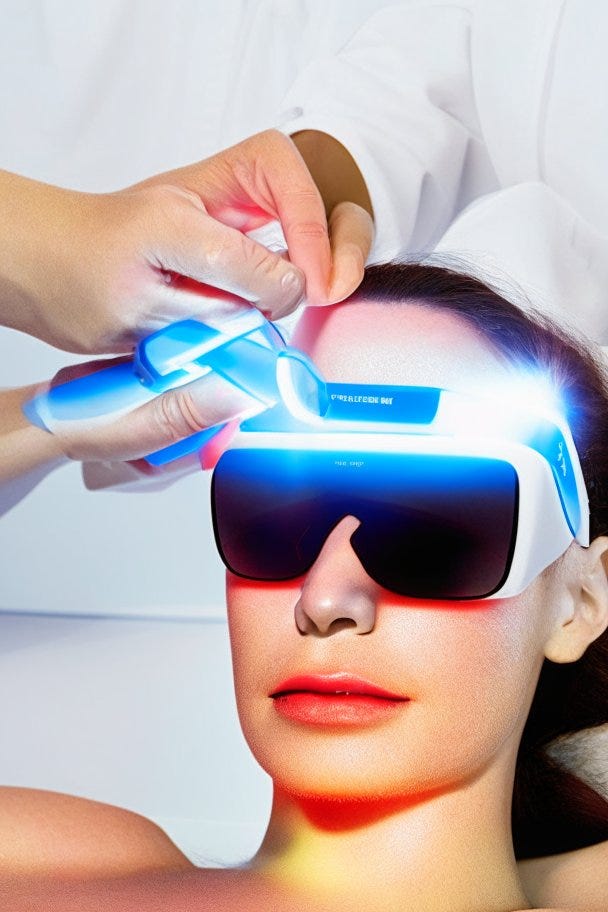
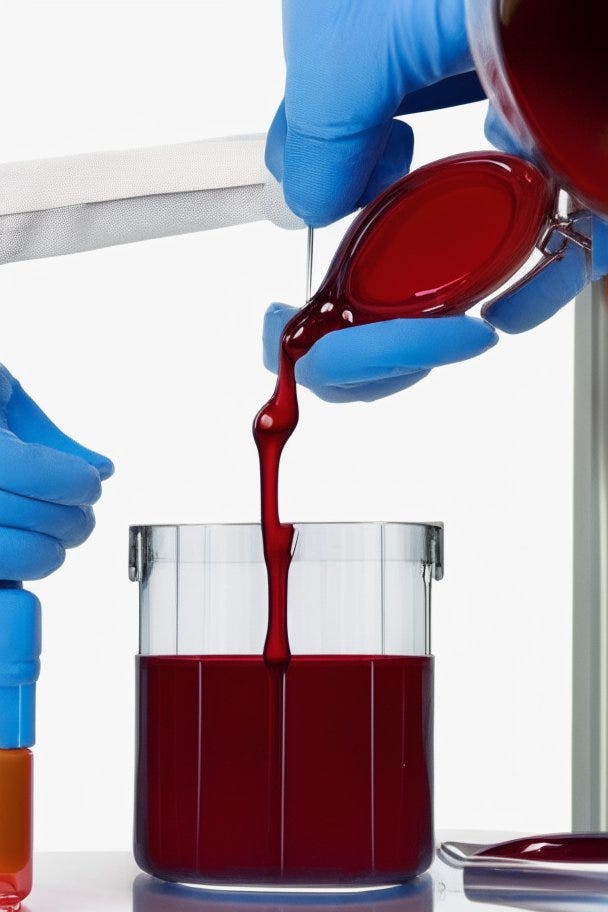
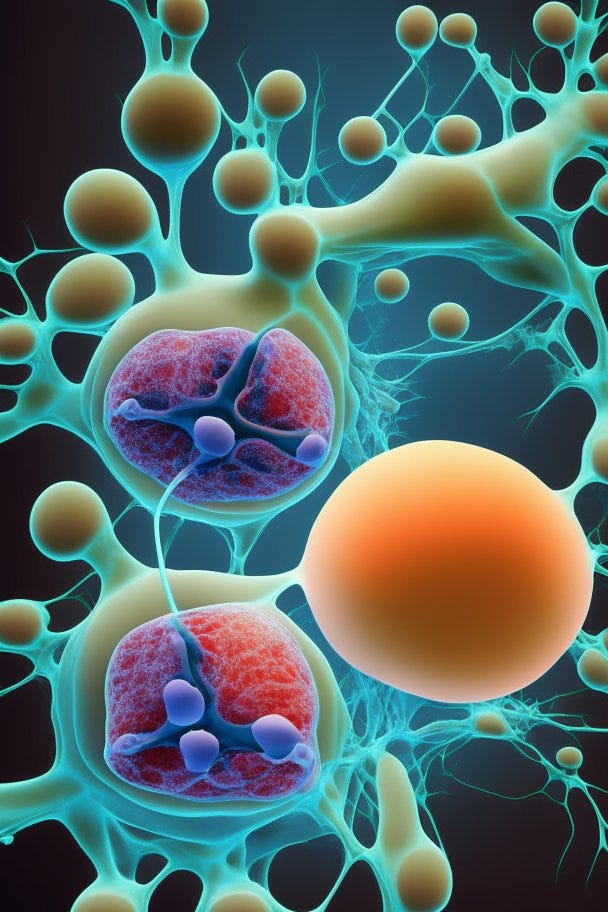
Understanding Hair Loss
Before diving into the latest advancements in hair regrowth, it is important to understand the different types of hair loss and the underlying causes. Here are some of the most common types of hair loss:
- Androgenetic alopecia: This is the most common type of hair loss, affecting both men and women. It is caused by genetics and hormonal factors, and typically results in thinning hair on the top of the head.
- Telogen effluvium: This type of hair loss is caused by stress, illness, medications, or hormonal changes. It results in excessive shedding of hair and can affect the entire scalp.
- Alopecia areata: This is an autoimmune disorder that causes hair loss in patches on the scalp, face, and other areas of the body.
- Trichotillomania: This is a compulsive disorder where individuals pull out their own hair, resulting in hair loss.
Now that we have a better understanding of the different types of hair loss, let’s explore the latest advancements in hair regrowth treatments.
Latest Advancements in Hair Regrowth Treatments
- Stem Cell Therapy
Stem cell therapy is a promising new treatment for hair loss. It involves using stem cells to regenerate hair follicles and stimulate hair growth. This therapy has shown promising results in early studies, and could potentially offer a long-term solution for those struggling with hair loss.
2. Hair Transplantation
Hair transplantation has been a popular hair loss treatment for many years, but recent advancements have made the process even more effective. FUE (Follicular Unit Extraction) and FUT (Follicular Unit Transplantation) are two popular hair transplantation techniques that involve transplanting healthy hair follicles from one part of the scalp to another.
3. Platelet-Rich Plasma (PRP)
Platelet-rich plasma (PRP) therapy involves injecting a patient’s own blood platelets into the scalp to promote hair growth. This treatment has shown promising results in early studies, and is a non-invasive option for those looking to stimulate hair regrowth.
4. Laser Therapy
Laser therapy is another promising treatment for hair loss. It involves using low-level laser therapy (LLLT) to stimulate hair growth by increasing blood flow to the scalp. This treatment is non-invasive and has shown positive results in early studies.
5. Scalp Micropigmentation
Scalp micropigmentation is a cosmetic tattooing technique that involves depositing pigment on the scalp to give the appearance of a full head of hair. This treatment is a non-surgical option for those who do not want to undergo hair transplantation or other invasive treatments.
6. Minoxidil and Finasteride
Minoxidil and Finasteride are two of the most commonly used treatments for hair loss. Minoxidil is a topical medication that is applied to the scalp to stimulate hair growth, while Finasteride is an oral medication that works by blocking the production of the hormone DHT, which can cause hair loss.
7. Diet and Lifestyle Changes
Diet and lifestyle changes can also play a role in hair regrowth. A diet rich in vitamins and minerals, such as iron and vitamin D, can promote healthy hair growth. Stress reduction techniques, such as meditation or yoga, can also be helpful in reducing hair loss caused by stress. Additionally, avoiding harsh styling products and hair treatments, such as frequent hair coloring or excessive heat styling, can help prevent hair damage and breakage.
Conclusion
Hair loss can be a challenging experience, but with the latest advancements in hair regrowth treatments, there is hope for those struggling with this issue. From stem cell therapy to diet and lifestyle changes, there are a variety of options available for those looking to restore their hair. It is important to consult with a qualified healthcare provider or hair loss specialist to determine the best course of treatment for your individual needs.
Remember, hair loss is a complex issue that can be caused by a variety of factors, including genetics, hormones, and lifestyle choices. By taking a comprehensive approach to hair regrowth, you can increase your chances of success and achieve the full, healthy head of hair you desire.
here are some proven products for consideration:
FOLIFORT — Revitalize your hair
Our new formula contains several active ingredients such as antioxidants and minerals that protect your scalp from irritation and work to rejuvenate your follicles at the root.
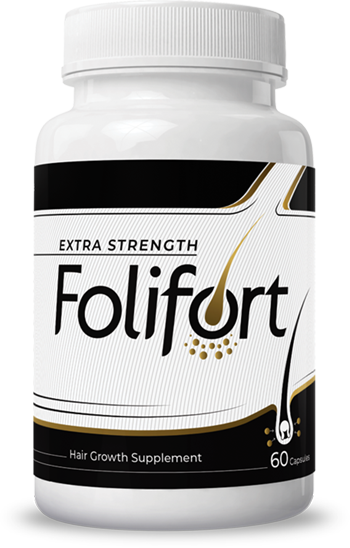
Foliprime — Every bottle is made here, in the USA, in our FDA approved and GMP certified facility, under sterile, strict and precise standards. The FoliPrime dropper is natural and pure. You can rest assured that they do not contain any dangerous stimulants or toxins.
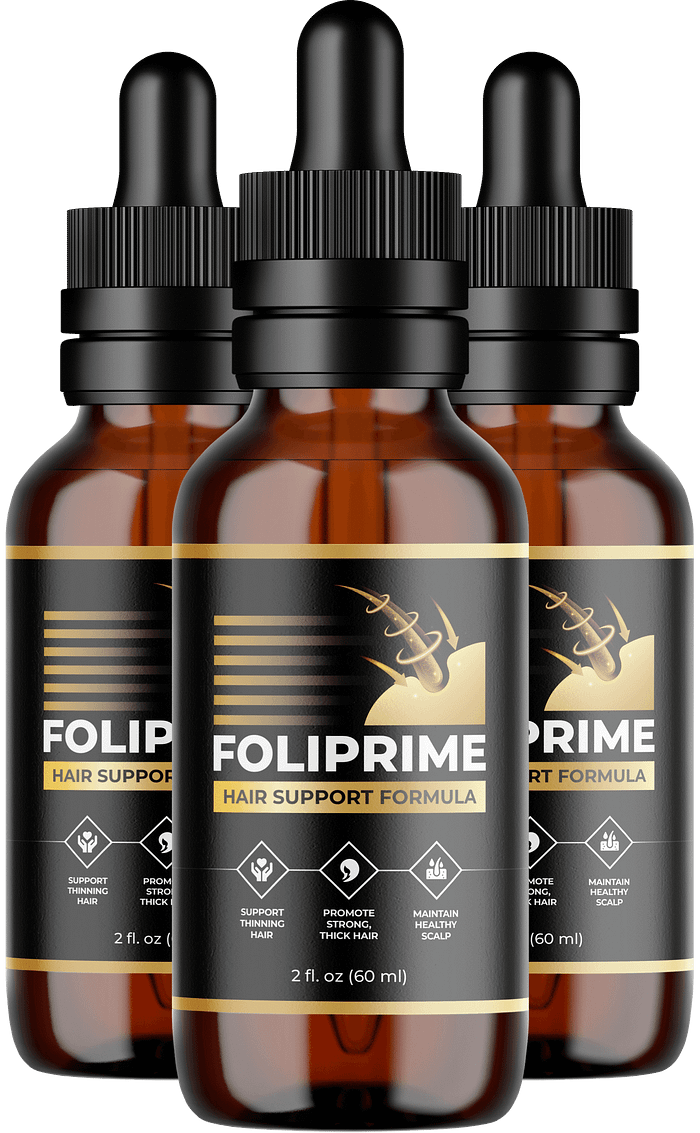
Tressanew- As much as we’d like to say yes, TressAnew is not for women who suffer from alopecia, female pattern baldness, or other medical conditions that affect your hair. We suggest that you address those issues with your health care professional.
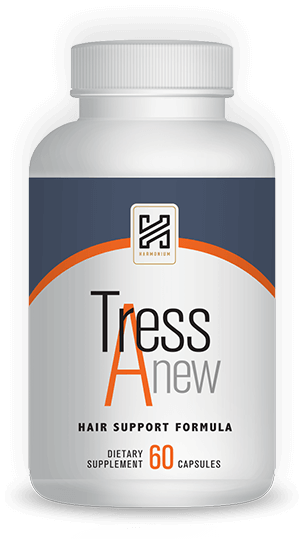
Comments
Post a Comment